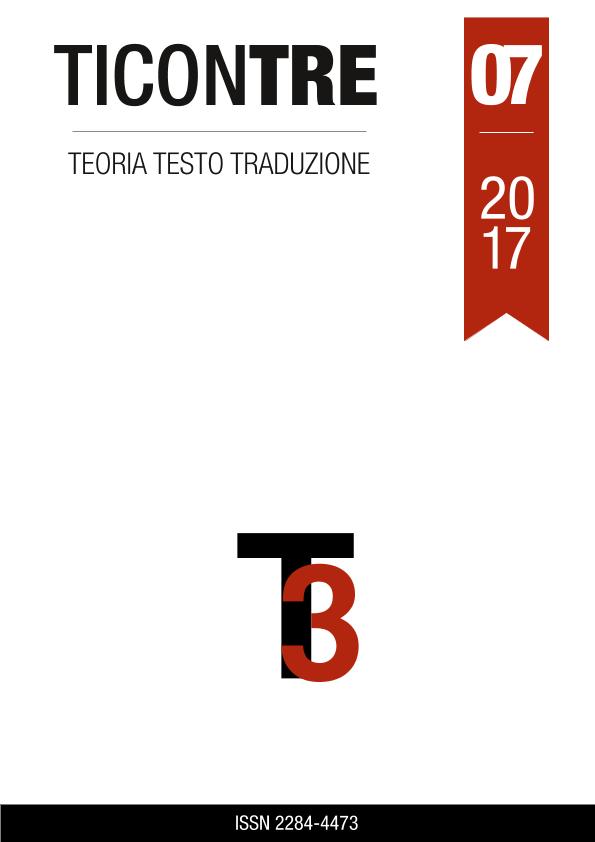Artículo
El presente trabajo busca indagar en el telos de la autotraducción de autores y autoras de pueblos originarios de América Latina que producen una literatura bilingüe lengua vernácula-castellano y en la conformación de los relatos de identidad y de memoria entre lenguas y culturas. El análisis se centrará en la producción de un grupo de tres poetas mapuche contemporáneas: Liliana Ancalao, Jaqueline Caniguán y Adriana Pinda. Se reflexionará acerca de la figura de «desplazada» de la lengua y el territorio ancestrales, señalando los matices de significación que presentan tensiones y complementariedades entre las versiones bilingües de una serie de poemas. Se analizará cómo desde la singularidad de sus voces, su situación sociolingüística, y determinadas estrategias de autotraducción, cada autora negocia su propia identidad como mujer mapuche en el mundo contemporáneo, entre el campo y la ciudad, el mapudungun y el castellano, y cómo se vincula a una voz colectiva que se agencia en la denuncia social y la revitalización lingüística y cultural del mundo mapuche. This work seeks to inquire into the telos of selftranslation in authors belonging to First Nations of Latin America, who produce a bilingual literature in their vernacular language and Spanish, and to look into the conformation of narrations of identity and memory between languages and cultures. The analysis will focus on the production of a group of three contemporary Mapuche poets: Liliana Ancalao, Jaqueline Caniguan and Adriana Pinda. The ୰gure of «the displaced» in relation to the ancestral language and territory will be studied, signalling the semantic nuances that evince tensions and complementarity between the bilingual versions of a group of poems. Given the singularity of each voice, their sociolinguistic situation and certain self-translation strategies, the analysis will seek to establish how each author negotiates her identity as a Mapuche woman in the contemporary world, between the country and the city, Mapudungun and Spanish, and how she relates to a colective voice that deals with social denunciation and the linguistic and cultural revitalization of the Mapuche world.
Negociación lingüística e identitaria en las autotraducciones de tres poetas mapuche
Fecha de publicación:
05/2017
Editorial:
Università degli studi di Trento
Revista:
Ticontre
ISSN:
2284-4473
Idioma:
Español
Tipo de recurso:
Artículo publicado
Clasificación temática:
Resumen
Palabras clave:
Autotraducción
,
Bilingüismo Post-Interdicto
,
Poesía Mapuche
,
Memoria
Archivos asociados
Licencia
Identificadores
Colecciones
Articulos(CCT - MENDOZA)
Articulos de CTRO.CIENTIFICO TECNOL.CONICET - MENDOZA
Articulos de CTRO.CIENTIFICO TECNOL.CONICET - MENDOZA
Citación
Stocco, Melisa Soledad; Negociación lingüística e identitaria en las autotraducciones de tres poetas mapuche; Università degli studi di Trento; Ticontre; 7; 5-2017; 41-65
Compartir




